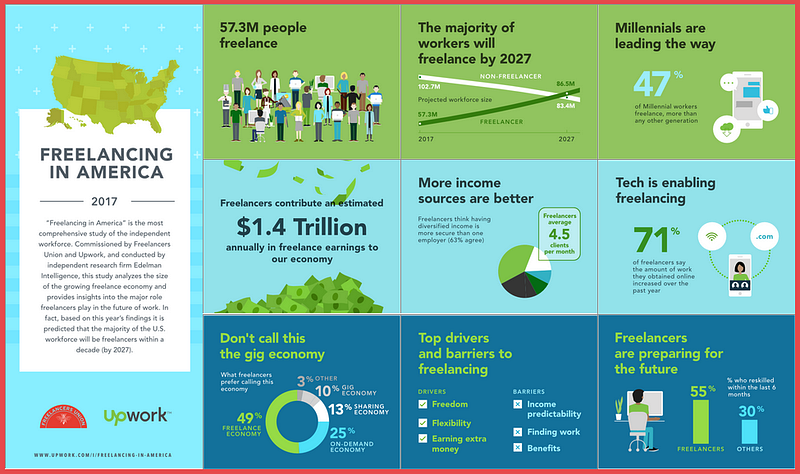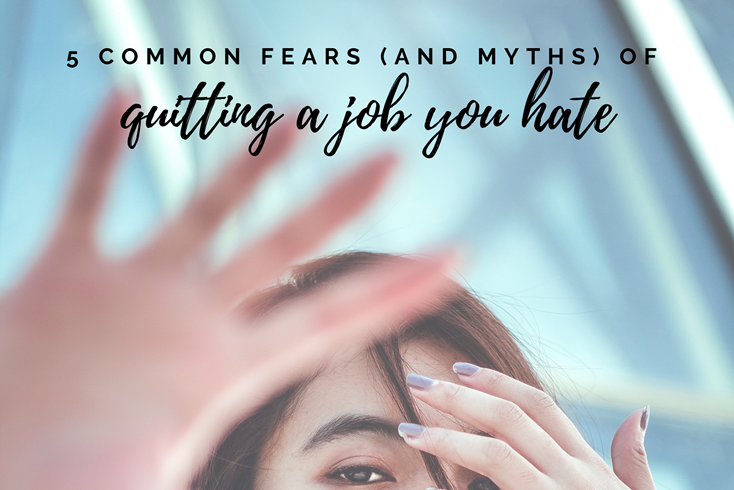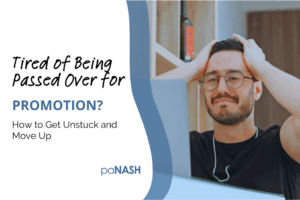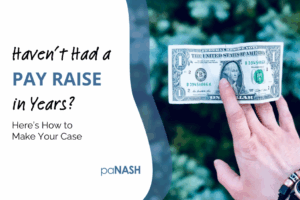|
|
You hate your job, but because of it you don’t have the time or energy to start the overwhelming process of finding something new.
And you think you can’t quit it until you find another job.
But is that really a true statement, or just a common myth?
Let’s look at some of the common fears most people have about quitting a job with nothing else lined up.
Let’s challenge the assumptions that breed those fears.
Common Fear/Myth #1
I won’t be able to afford my bills. Is this a true statement?
Do you have a little extra money stashed away you can get by on for a little while?
Are there some unnecessary expenses you can cut to help you pay your necessary bills?
For example, could you sell your car and take the bus for a while? Or just park your car and cancel your insurance for a few months while taking the bus instead?
Do you really need cable or a Netfilx subscription right now? Do you need numerous music subscriptions? Or can you just listen to good old fashioned radio?
Are there some things you no longer need you could sell? What about that treadmill the only gets used as a place to throw your clothes when you don’t feel like hanging them up (you know who you are!).
What about the stack of books you’ve already read (or know you’re never going to read)?
If you live alone, do you really need a TV in more than one room?
Are there some other ways you can earn cash like picking up some temporary side jobs or a part-time job?
In addition, can you get a roommate and charge rent to help with some of your housing costs?
Do you own something else others might want to rent on a short-term basis?
Do you have a skill people will pay you to perform because of their lack of that skill?
Click here to see how this paNASH client has been able to affordably quit his job and pursue his passion in art and illustration.
Common Fear/Myth #2
I’ll lose my health insurance and retirement accounts. Not necessarily.
If you leave your job you can always transfer your retirement over to an IRA where it can still earn some money and you can still contribute to it yourself a little at a time until you get your next full-time opportunity.
The only thing you’ll be missing out on in the short-term is your company’s matching contribution.
When it comes to health insurance, you can easily find temporary health insurance, alternatives to Obamacare, and more.
If you happen to do a little freelancing on the side after leaving your job, you may qualify for very affordable insurance through the Freelancers Union at freelancersunion.org (also, it’s free to join the union!). I get my dental and long-term disability insurance through them at very little cost per month.
Common Fear/Myth #3
It’ll look bad on my resume. Sure, if all you do is become a couch potato after quitting, it will look bad!
However, if you use your time to improve your skillset, take some affordable online classes, do some side or freelance projects, volunteer with a local non-profit, raise money to travel on a mission trip, pursue a passion project, or work a fun part-time job, it’s not going to look bad at all.
Whatever you do, do something you find interesting.
I’m sure if it’s something interesting to you, it could be interesting to the people who’ll eventually be interviewing you.
Show on your resume what you’ve done and the skills and lessons learned from those interesting experiences. This will make your resume stand out.
Tim Ferris, author of the bestseller The 4-Hour Workweek suggests answering the interview question, “Why did you leave your previous job?” with,
“I had an once-in-a-lifetime chance to do [interesting experience] and couldn’t turn it down.”
He says because most interviewers are bored in their own jobs, they’ll spend much of the interview asking how you made it happen.
You can then respond with how your skills and resourcefulness you used to make it happen will make you the person they should hire.
When I started phasing out my image consulting business due to burnout to decide if I wanted to return to full-time career coaching or not, I worked a few weekends teaching beginner stand up paddling at my local SUP shop.
If I’d had to go through a job interview following that experience, I can guarantee you I would pique the interviewer’s interest if I said,
“I taught people the closest thing to walking on water.”
Then, I would tell them about how I used my teaching and training skills to do so.
Common Fear/Myth #4
I need to have a “real job” instead of trying to freelance. Freelancing IS a real job! And it’s one of the fastest growing jobs in the country.
Don’t believe me? Just check out this infograph courtesy of Upwork.com and Freelancersunion.org:

Even if you have no plans to become a freelancer, you still need the skills of an entrepreneur to be successful in your next job. (Click here for a list of those skills.)
Common Fear/Myth #5
If I don’t quit now, I’ll never find a way out and will be stuck in my job forever! Not true!
You may feel like you have to quit your job right away despite the fears listed above, but you don’t have to quit YET!
You can start creating an exit strategy now and implement it later when the timing makes more sense.
Yes, eventually you’ll have to rip off the band-aid and quit, but there are ways to be smart about it. I outline ways to wisely plan your escape route in my previous posts When Is the Right Time to Leave Your Job? and How to Make the Risk of Starting Your Own Business Doable.
How to Challenge Your Assumptions and Common Fears
Whatever your fears are about quitting a job you hate, I encourage you to challenge those fears and assumptions. Here are a few ways to do so:
Challenge #1
Learn how to deal with limiting beliefs (the lies your annoying inner critic tells you).
Ask yourself these questions:
- What is this limiting belief keeping me from?
- What would be the worst-case scenario if I keep believing this?
- How can I turn this belief around to a more positive statement?
- How can I benefit from believing the more positive statement?
- What would be the best-case scenario if I start believing the positive statement?
Challenge #2
Talk to others who currently work in a job or career field you think you might enjoy. Find out from them the career path they followed to get there.
You’ll likely find most people didn’t had a single direct career path that led them there. This will encourage and inspire you.
Also, they may provide you some tips for making the transfer to that industry.
Challenge #3
Take a weekday off from your job and spend the day doing job search activities just to get a feel for what that might be like.
Update your resume. (Click here to read why you should update your resume every six months.)
Spend some time familiarizing yourself with LinkedIn.
Can’t take a day off work to do this? Use one of your non-workdays.
Challenge #4
Put your resume out there and see what happens. Post your resume with no expectations.
You’ll be able to see what kind of opportunities your current resume is attracting so you can figure out how to tweak it with the right keywords to attract better opportunities.
Challenge #5
Write your resignation letter, but don’t send it.
Just write it to help you get used to the idea of what may need to happen in the near future.
Challenge #6
Dip your toe in the freelance water by offering your unique skills or expertise to a few friends or on sites like Fiverr.com or Upwork.com.
Determine from these small assignments if you like working for yourself or not.
Make Time to Experiment
Feel free to find other ways to experiment with the idea of making a job or career change.
Short-term experiments don’t have to financially break you and don’t require a huge commitment.
In fact, these little experiments might be just the thing to provide a little breath of fresh air to your current dreadful situation.
They can either help you hang on a little longer until you’re able to quit your job, or give you the courage now to go ahead and rip off the band-aid.
Related Posts:
- You Don’t Have To Be a Slave To a Paycheck
- How To Think Like an Entrepreneur (Even When You’re Not One)
- When Is the Right Time To Leave Your Job?
- How To Make the Risk of Starting Your Own Business Doable
- How To Overcome Your Fear of Risk and Improve Your Life






